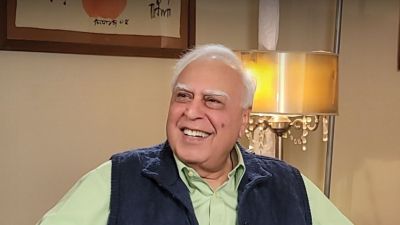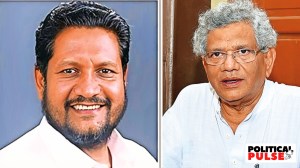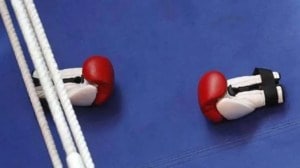- India
- International
Paul Auster, New York scribe and existential chronicler, dies
A bookish teenager, not extroverted enough to be a filmmaker or athlete, he decided to dedicate himself to writing at the age of 16, travelling around the world to hone his craft
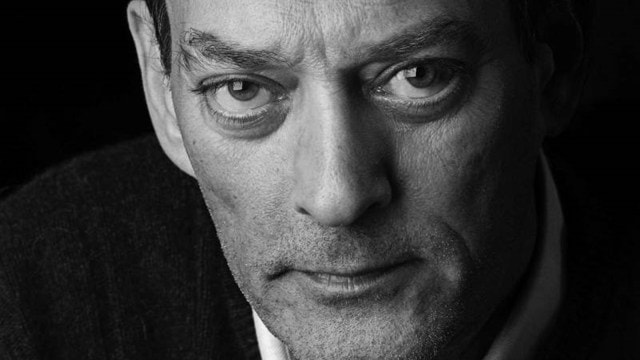 Paul Auster was 77 (Credit: Faber and Faber)
Paul Auster was 77 (Credit: Faber and Faber)Paul Auster called it raking. In a 2014 interview, he described his writing process as one which usually amounted to only a single page every day. He wrote by hand, shunning digital typewriters and computers early in his career, and enjoyed the rubbing of palm against paper, his skin accruing ink smudges, the nib of his fountain pen digging deep into the pages of quadrille notebooks. He would never stop a day’s work in the middle of a sentence and, every now and then, paused and reread what he had produced over the past few weeks. He would cut, rewrite, rearrange – make sure the garden was without weeds before planting anything else.
He died Tuesday at the age of 77 due to complications caused by lung cancer. A heavy smoker, often of cigars, Auster was born in 1947 New Jersey to a well-off family (his father owned buildings in the suburbs) and he was disgusted by the wealth his family had. “I squirmed every time I had to get into the family car – so bright and new and expensive, so clearly an invitation to the world to admire how well off we were,” he wrote in his 1997 memoir, Hand to Mouth. “All my sympathies were for the downtrodden, the dispossessed, the underdogs of the social order…” In a 2014 Paris Review interview, he called America’s media culture obsessed with celebrities, ignoring the “intelligence of working-class people”, adding, “Everywhere I went, I had to struggle to keep up with them. I’d spent too much time with my nose buried in books and most of my coworkers could talk circles around me.”
Writing was not his first love – that was baseball. He often told the story of being obsessed with the sport as a preteen and once running into one of his idols, American fielder Willie Mays, at a stadium. He had timidly asked him for an autograph but had no pen – neither did his parents or the sports star. “Sorry kid. Ain’t got no pencil, can’t give no autograph,” he said, and walked away. The incident deeply affected young Auster, who decided to always walk around with a pencil in his pocket from that day on, a habit which he attributed to eventually making him a writer.
He was always bookish and once he realised that he wasn’t extroverted enough to be a film director or baseball star, dedicated himself to writing around the age of 16. But he didn’t want to two-time it – he didn’t want to hold a day job and write in his free time. He wanted to do whatever he could to make it his entire life.
He started out with a bachelor’s and master’s in comparative literature from Columbia University, after which he worked at an oil tanker, before moving to Paris and earning a living by translating French works to English. He published his first book, A Little Anthology of Surrealist Poems (1972), but it was the one that followed, The Invention of Solitude (1982), a memoir based on the recent death of his aloof father, that started to hint at the style that would follow: straight, neat, unambiguous lines, punched through with existential horror.

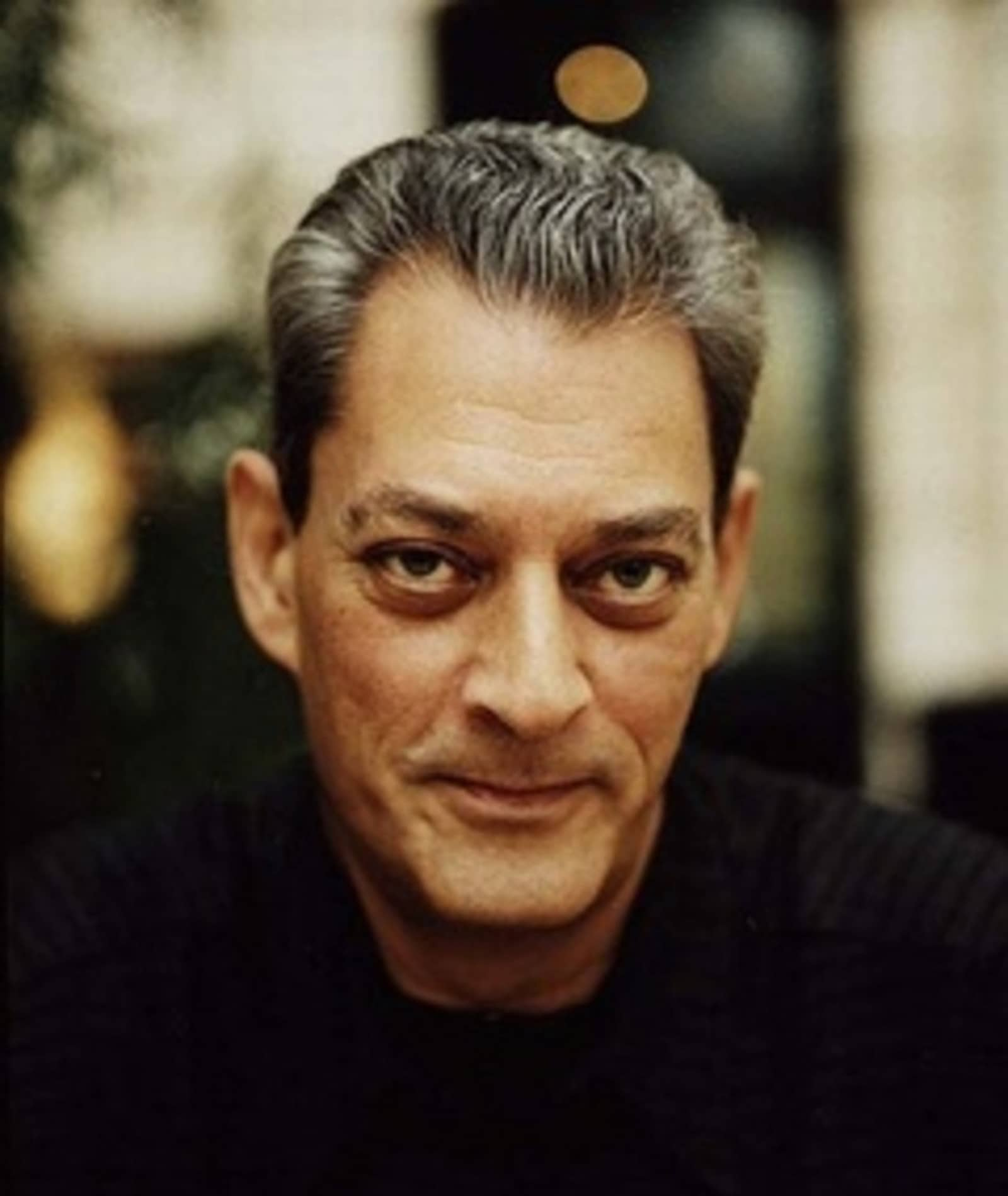 Paul Auster (Credit: Mubi)
Paul Auster (Credit: Mubi)
He followed it with City of Glass (1985), the first of the New York trilogy that would launch him to stardom: the story of a writer (named Paul Auster) who gets mistaken for a detective and decides to go sleuthing, losing himself and his identity in the process. By this time, the real Auster had spent a decade back in New York, living among the brownstone buildings of Brooklyn, predating the arrival of other literary stars like Jhumpa Lahiri and Colson Whitehead in the neighbourhood.
Chance, fate and listlessness haunted his works, again traced partly to a seminal memory of going to summer camp as a teenager when a terrible thunderstorm endangered him and his friends roaming in the forest. There were lightning strikes, and as they tried to escape, crawling under a mesh, a boy next to Auster stopped moving. They all laid in the sludge, getting dirtier and dirtier, unable to move out of fear and shock, dimly aware that the boy’s body was getting cold. “It was my first experience with random death, with the bewildering instability of things. You think you’re standing on solid ground and an instant later the ground opens under your feet and you vanish,” he said in the Paris Review interview.
Though born in America, he was most popular in Europe and especially France. He penned more than 30 books in his career, ranging from poetry to fiction to non-fiction, and was shortlisted for the 2017 Booker Prize for 4321, his novel about four parallel timelines lived by a young Jewish boy. He also directed and wrote screenplays, and was enlisted by the National Public Radio in 1999 for reading thousands of short stories sent in by listeners, from their own lives. He was chosen because the broadcasters liked his gravelly voice – a side-effect of the cigars.
“Lose the ego,” he said in a 2009 interview, when asked about advice for aspiring writers. “(A common trap) is egotism, self-importance, an inability to look out of yourself.” He cautioned against being attached to tricks and gimmicks, and advocated reading “the great ones”: Hawthorne, Melville, Kafka, Dostoevsky, Flaubert. “The wish to write doesn’t take you very far. The burning need does. Writing only brings you poverty, obscurity and solitude. So if you have a taste for all those things… go ahead and do it.”
May 17: Latest News
- 01
- 02
- 03
- 04
- 05


